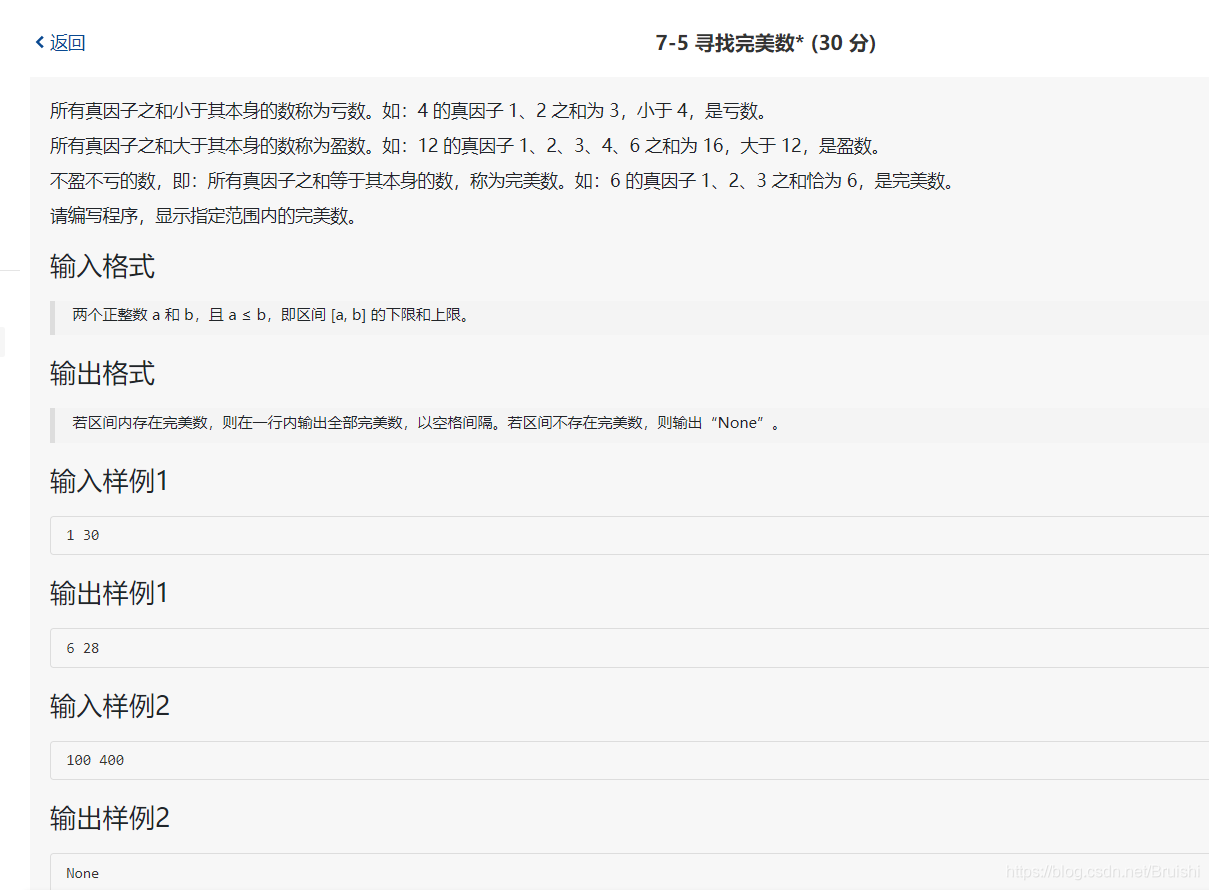1
2
3
4
5
6
7
8
9
10
11
12
13
14
15
16
17
18
19
20
21
22
23
24
25
26
27
28
29
30
31
32
33
34
35
36
37
38
39
40
41
42
43
44
45
46
47
48
49
50
51
52
53
54
55
56
57
58
59
60
61
62
63
64
65
66
67
68
69
70
71
72
73
74
75
76
77
78
79
80
81
82
83
84
85
86
87
88
89
90
91
92
93
94
95
96
97
98
99
100
101
102
103
104
105
106
107
108
109
110
111
112
113
114
115
116
117
118
119
120
121
122
123
124
125
126
127
128
129
130
131
132
133
134
135
136
137
138
139
140
141
142
143
144
145
146
147
148
149
150
151
152
153
154
155
156
157
158
159
160
| #include<stdio.h>
#include<string.h>
#include<stdlib.h>
structstud{
charname[10];
structstud*next;
};
voidprint(structstud*p);
structstud*remove(structstud*p);
structstud*build(){
structstud*current,*nextp,*head;
head=(structstud*)malloc(sizeof(structstud));
charstr[10];
printf("typeaname:");
scanf("%s",str);
getchar();
strcpy(head->name,str);
current=head;
chara;
printf("keepdoing?\n");
scanf("%c",&a);
while(a=='y'){
printf("typeaname:");
scanf("%s",str);
getchar();
nextp=(structstud*)malloc(sizeof(structstud));
strcpy(nextp->name,str);
current->next=nextp;
current=nextp;
printf("keepdoing?\n");
scanf("%c",&a);
}
current->next=NULL;
returnhead;
}
structstud*insert(structstud*p){
structstud*insert,*current;
intposition;
charstr[10];
printf("insertposition:\n");
scanf("%d",&position);
printf("typeaname:");
scanf("%s",str);
getchar();
current=p;
insert=(structstud*)malloc(sizeof(structstud));
strcpy(insert->name,str);
insert->next=NULL;
if(position!=0){
while(position>1)
{
current=current->next;
position--;
}
insert->next=current->next;
current->next=insert;
}
else{
insert->next=current;
p=insert;
}
printf("\npresentelement:\n");
print(p);
returnp;
}
intmain(){
structstud*p;
p=build();
printf("presentelement:\n");
print(p);
charb='b';
printf("insert?yorn");
scanf("%c",&b);
getchar();
while(b!='n'){
p=insert(p);
printf("insert?yorn");
scanf("%c",&b);
}
charc;
printf("deleteaname?yorn");
scanf("%c",&c);
getchar();
while(c!='n'){
p=remove(p);
printf("deleteaname?yorn");
scanf("%c",&c);
getchar();
}
return0;
}
voidprint(structstud*p){
while(1){
if(p->next!=NULL){
printf("%s\n",p->name);
p=p->next;
}
else{
printf("%s\n",p->name);
break;
}
}
}
structstud*remove(structstud*p){
structstud*position,*current=p;
intpo;
printf("place:");
scanf("%d",&po);
if(po!=0){
while(po!=1){
current=current->next;
po--;
}
position=current;
position=position->next;
current->next=position->next;
}
else{
p=current->next;
free(current);
}
printf("currentlist:\n");
print(p);
returnp;
}
|



